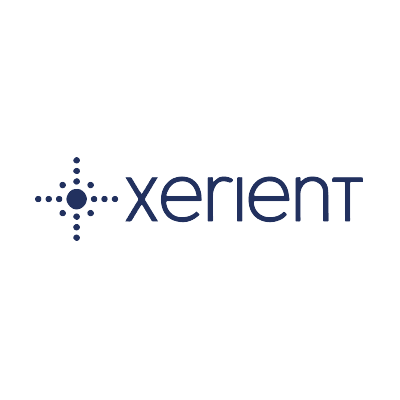
Pancreatic cancer (PDAC) is projected to become the second deadliest cancer in the US by 2030. Diagnosis is made in most cases at an advanced stage when cancer has already spread; 52% of patients present with distant disease at the time of diagnosis, while 30% of the cases exhibit regional disease. Early diagnosis is often prevented by suboptimal diagnostic capabilities and the subclinical symptoms associated with localized pancreatic cancer.
The primary limitation in the development of an early-stage PDAC diagnostic is the lack of a sufficiently specific and sensitive biomarker. To overcome this impediment and address the unmet critical need of an early-stage PDAC diagnostic, Xerient, in collaboration with MD Anderson and Caerus Therapeutics, initiated the development of the XR10 and X15 diagnostic antibodies for PDAC.
By specifically measuring a unique cancer-associated glycoprotein, Xerient’s proprietary antibodies - XR10/XR15, can detect malignancy-sourced overexpression of CEACAM5/6, a potential biomarker for many cancers. This can offer, for the first time, the early detection of PDAC in at risk populations, allowing for an earlier diagnosis and an opportunity to improve the 5-year survival rate, currently measured at only 11.5% overall and at only 3% for patients with distant disease. A sensitive, PDAC-specific assay can also be a more valuable tool for measuring general tumor burden. This will be particularly useful in quantifying responses to chemotherapy, immunotherapy, or cytoreductive surgery, which are currently only quantifiable using an inadequate serum diagnostic assay (i.e., CA 19-9). The company is in advance stages of development and aim at a regulatory approval for the diagnostic product by mid-2024.
To ensure commercial success the company seeks to work with a Ross School MAP team on its strategic planning, emphasizing alliance-forming, licensing and M&A opportunities.




